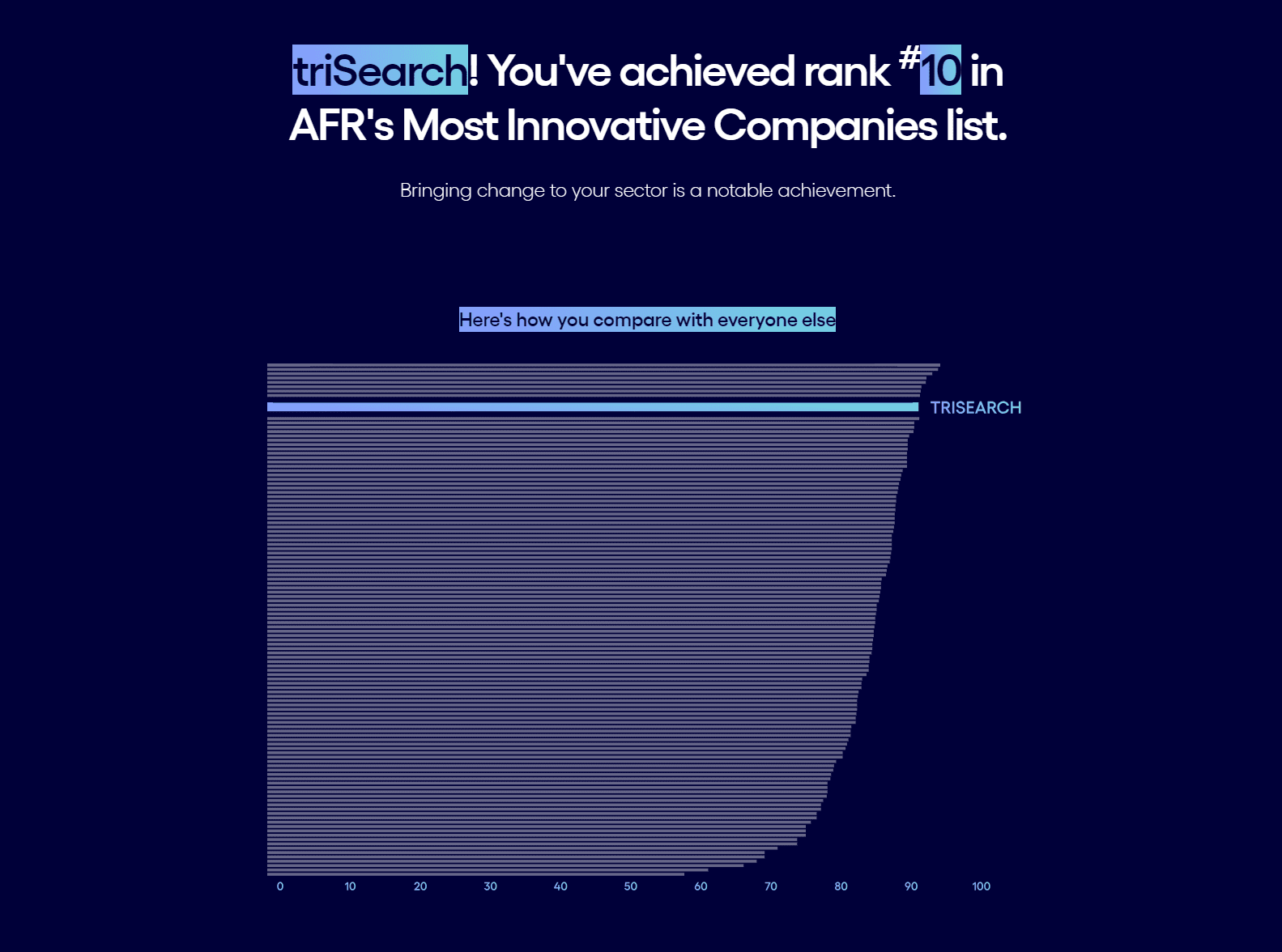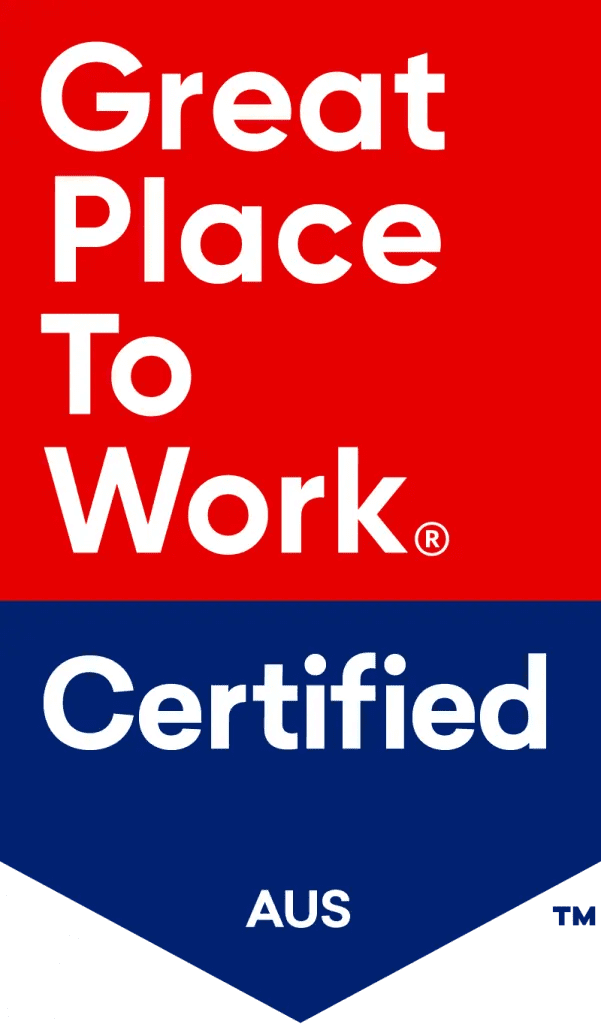Every property purchase comes with it’s own unique challenges and due diligence requirements. As a property lawyer in QLD, you can use this guide as a basis for your due diligence when dealing with a purchase matter.
1. Verification of Identity
Verifying your client’s identity is the first step in the conveyancing process. All buyers and sellers are required to have their identity verified to prevent fraud. Applications like triVOI, can be used to easily and securely identify your clients from any location.
2. Rates search (Council Rates)
Council Rates are the amount of rates that landowners must pay. These charges are used to raise funds so they can provide services and infrastructure to their communities. Each financial year the council decide their own rates at their discretion. Council Rates are determined by:
- the range of services needed to support the community (e.g. waste management, local roads and suburban care)
- How much money is needed to fund services and infrastructure
These rates are usually based on land size or footprint. They are needed when you settle, as the rates are adjusted between the vendor and purchaser upon settlement. They are adjusted so that the vendor pays the rates up until the day of settlement and the purchaser is only liable from then until the end of the rating period, in this case 30 June.
3. Water search (Water Rates)
Water Rates are the level of rates that landowners must pay in conjunction to their water usage. These rates are commonly quarterly billed.
Water rates are needed when you settle, as the rates are adjusted between the vendor and purchaser upon settlement. They are adjusted so that the vendor pays the rates up until the day of settlement and the purchaser is only liable from then until the end of the quarter. The same principles apply to water rates as they do for council rates.
4. Land tax certificate
A Land Tax Clearance Certificate or Property Clearance certificate presents how much land tax is due and unpaid on a property or parcel of land. This isn’t a compulsory inclusion into your section 32 however this certificate protects a purchaser from any outstanding land tax liability by the previous owner.
This certificate details:
- Land Tax owning for the year in which the application was made.
- Outstanding liabilities from prior years.
Land tax needs to be paid by the seller prior to land being settled.
5. Contaminated lands search
A Contaminated Land search provides information on contaminated or potentially contaminated land in QLD. This search is commonly ordered for a property purchase or the development on a parcel of land. The Environmental Management Register and Contaminated Land Registers are the public registers that list all the contaminated land in Queensland.
6. Department of transport and roads
The Department of Transport and Main Roads certificate provides details land requirements against all transport projects, including railways, busways, cycleways, passenger transport corridors, light rail and state-controlled roads.
This is required for a QLD Purchase matter.
7. Body corporate – if a unit/strata property
A Body Corporate Certificate is a disclosure of Body Corporate matters to prospective purchasers. This certificate is only needed if the purchase is a Unit or Strata Property.
This Certificate includes:
- by-laws
- meeting minutes
- lot entitlements
- pool compliance
- pest inspections
- litigation
- building valuation (if applicable)
- levies & insurance
8. Pre-purchase reports
Pre-Purchase Reports, aren’t compulsory however it provides information about the condition of the property before the exchange of contracts. For due diligence you should include this in your contracts as approximately 26% of home buyers discover problems with their home after buying it.
Pre-purchase reports include:
- Building & pest Inspection reports: A Building and Pest Inspection report is an inspection carried out by a technician on a property to ensure there are no visual pest infestations or building defects.
- Development Application Reports: A DA, or a Development Application is a request to council to execute a proposed development. All new structures require a DA and they are commonly lodged by a Developer or Architect.
- Strata Reports: A Strata report is an inspection on a unit, apartment or villa to determine the physical condition of the dwelling/building as well as other intangible attributes such as financials.
- Valuation reports: A Valuation Report is an inspection of a property that will determine its value.
- Tax Depreciation Reports: A Tax Depreciation Report is a report that outlines the building costs and asset values of a particular property.
All these Searches, Certificates and services are available through the triSearch platform, at the industries lowest cost. You can book in an obligation-free demonstration at anytime to see how easy the platform is or click here to start searching.
You can also Contact Us via the website for any questions you might have on a QLD purchase matter.






